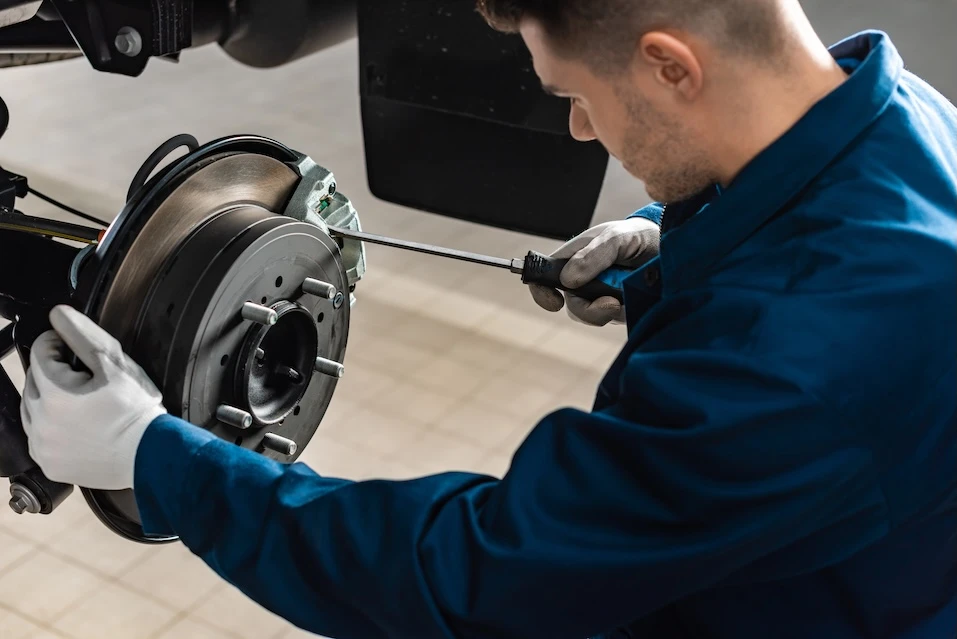Brake Services

Brake Services & Repair in Latham, NY
Your brakes are one of the most vital safety components of your vehicle, and proper maintenance is essential to keeping you and your passengers safe. Whether it’s a simple brake pad replacement or a more complex brake fluid flush, our certified technicians use high-quality parts to restore your brakes to their full potential.
What is a Brake Fluid Flush?
A brake system flush includes removing the existing fluid and moisture out of the system and replacing it with new, clean, fluid. It also ensures proper brake system performance and increases the lifespan of your brake system components.
Why & When to Get Your Calipers Serviced?
You should get your calipers serviced every 24,000 miles / 2 years. It is especially crucial to get your calipers serviced if you live in an area that gets a lot of snow, as the salt on the roads accelerate rust & corrosion.
What Are Brake Calipers?
Brake calipers are a major part of the disc-braking system. They squeeze the brake pads against the brake rotors to slow down or stop the vehicle’s wheels. Think of calipers as housing for your brake pads & pistons.
Schedule In Just 10 Seconds
Dealership Info
Address
625 Watervliet Shaker Rd Latham, NY 12110
Phone
(518) 541-5000
Service Hours
Mon – Fri: 09:00AM – 05:00PM
Saturday: 09:00AM – 04:00PM
Sunday: Closed
Sales Hours
Mon – Fri: 09:00AM – 06:00PM
Saturday: 09:00AM – 05:00PM
Sunday: Closed
